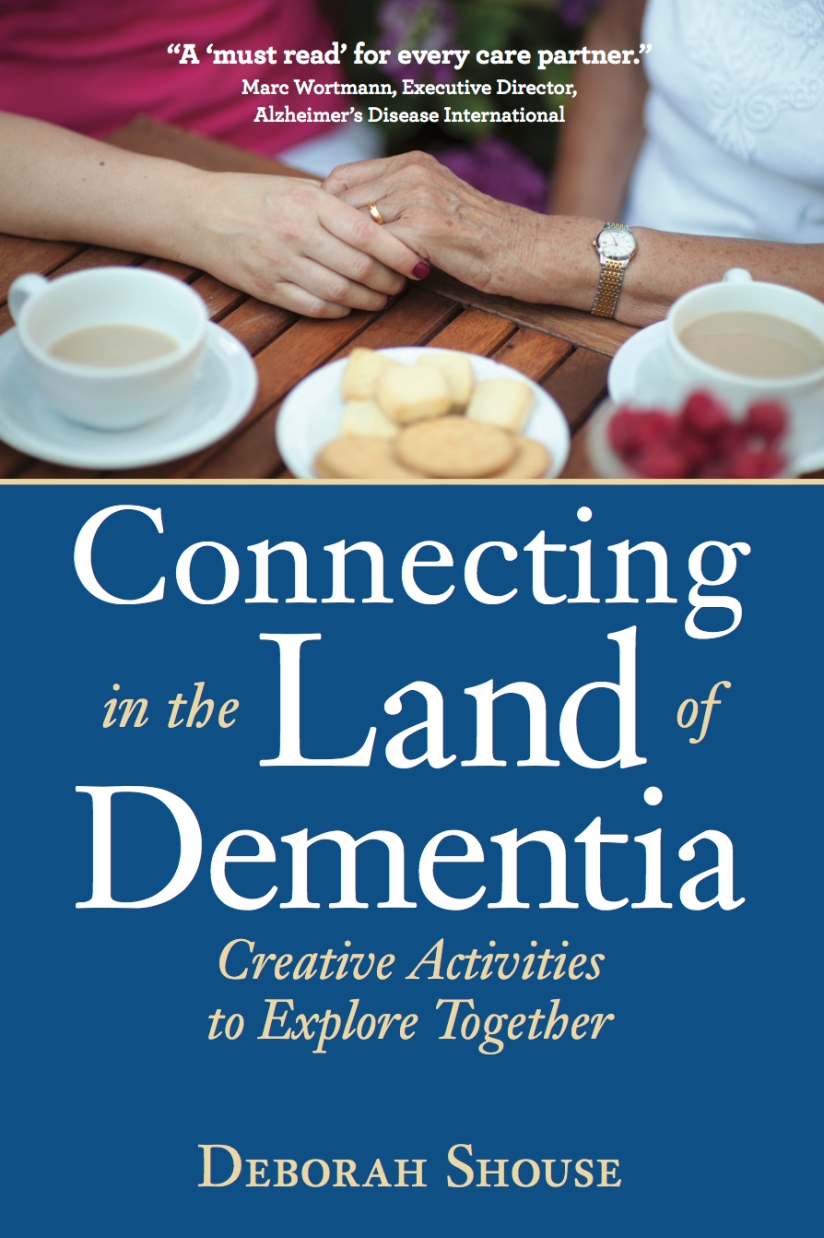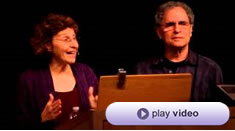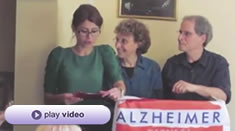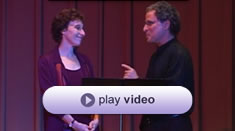 My mother’s Alzheimer’s drove me to write. My writing inspired me to speak. I have received enormous pleasure from connecting with people all over the world, sharing my stories from Connecting in the Land of Dementia and from Love in the Land of Dementia. Now, I’m offering you tips for sharing your caregiver’s story.
My mother’s Alzheimer’s drove me to write. My writing inspired me to speak. I have received enormous pleasure from connecting with people all over the world, sharing my stories from Connecting in the Land of Dementia and from Love in the Land of Dementia. Now, I’m offering you tips for sharing your caregiver’s story.
It All Started with Grief
When I initially realized the depth of my mother’s memory loss, I was shattered with grief.
Every day I went through this:
Visit with mom.
Drive home, wiping tears from my cheeks.
Stumble into the house, walk into a chair or table, and misplace my car keys.
Sit at the dining room table and stare numbly into space.
One day, during the “staring numbly” phase, my partner Ron said, “Are you writing down your feelings?” It was a smart and sensible thing to say; the sort of suggestion I might make to him in a crisis. I was, after all, a writer.
“I don’t feel like writing,” I said.
But his words stayed with me. The next day, I slightly altered my behavior.
Visit with mom.
Drive home, wiping tears from my cheeks
Stumble into the house, walk into a chair or table, and misplace my car keys
Sit at the dining room table and write numbly for 20 minutes
Pouring Emotions Out & Inviting Understanding In
I poured out my fears, anger, and grief. After doing this for a week,
I began noticing how interesting my visits with Mom were; we were explorers on a wild inner trek.
I started documenting our time together, sometimes even taking notes during my visits. I wrote about the challenges, humor and blessings. I wrote about my conversations with my father, with friends and family and with the aides, the nurses, the social workers. As I wrote, I saw there was much hope, promise and energy in my new world.
As I shared my work with friends and family, I realized I was chronicling my mom’s last years and capturing part of our family history.
Sharing Your Caregiver’s Story
How do you take a challenging part of your life and bring it to the page? Here are a few simple tips:
Give yourself time to feel your emotions, whether it’s through writing, art, music or other expressive arts. Writing down your feelings helps you understand the depth of what you’re going through. For me, writing helped change my fear into curiosity.
Notice the Details
Write down the particulars, noting simple concrete facts. You are a researcher collecting data.
Uncover the True Story
Look for the universal meaning in your specific experience. How have you changed? How will the reader change through reading your words?
Ask for Feedback
Read the story aloud to someone and see how it sounds. What’s working and what’s missing? Ask colleagues for a professional critique. Think over their advice and decide what is right for you.
Celebrate your Accomplishment
Sharing your caregiver’s story takes courage. Yet, for me, it is one of the most cathartic and meaningful things I do.


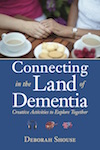
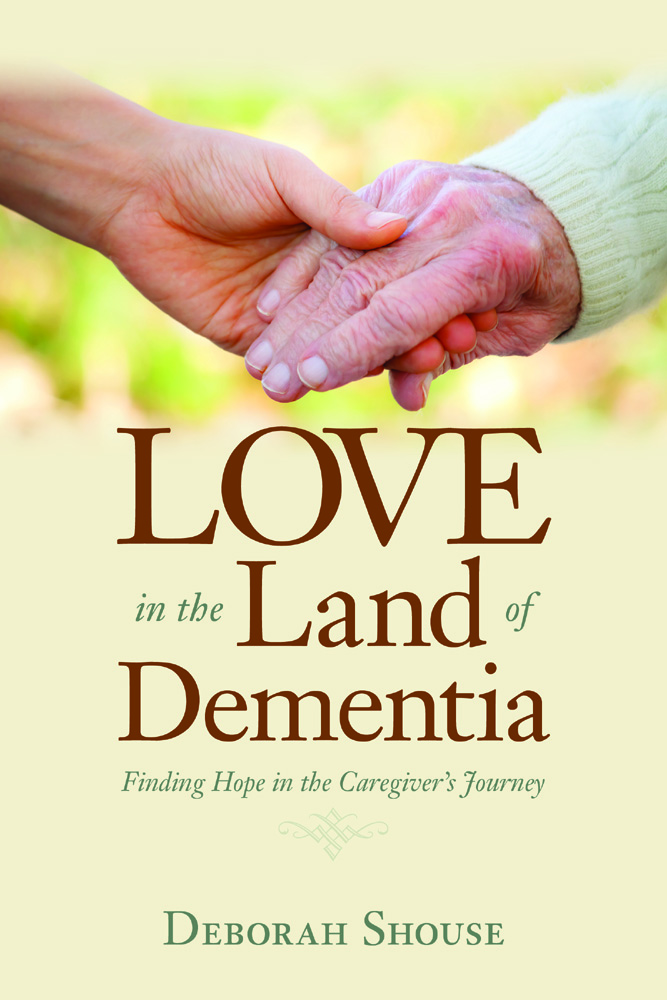



 Even when I was growing up, and we were the only Jewish family in our neighborhood, my mother still did not sing Christmas songs. She did not willingly go to Christmas parties. She let the holiday rush by her, like a large train, whooshing past, ruffling her hair and leaving her behind.
Even when I was growing up, and we were the only Jewish family in our neighborhood, my mother still did not sing Christmas songs. She did not willingly go to Christmas parties. She let the holiday rush by her, like a large train, whooshing past, ruffling her hair and leaving her behind.
 Set a timer for 60 seconds and zip through a task you’ve been putting off. File the insurance policy that sprawls across the dining room table. Unload the dishwasher. Take your vitamins.
Set a timer for 60 seconds and zip through a task you’ve been putting off. File the insurance policy that sprawls across the dining room table. Unload the dishwasher. Take your vitamins.
 “You sure did,” I told her. ”You mashed the potatoes, put the marshmallows on the sweet potato casserole, and mixed the fruit salad.”
“You sure did,” I told her. ”You mashed the potatoes, put the marshmallows on the sweet potato casserole, and mixed the fruit salad.” Select a special recipe to make together. Choose simple, safe and satisfying tasks, such as measuring, adding ingredients , stirring, and tasting.
Select a special recipe to make together. Choose simple, safe and satisfying tasks, such as measuring, adding ingredients , stirring, and tasting.